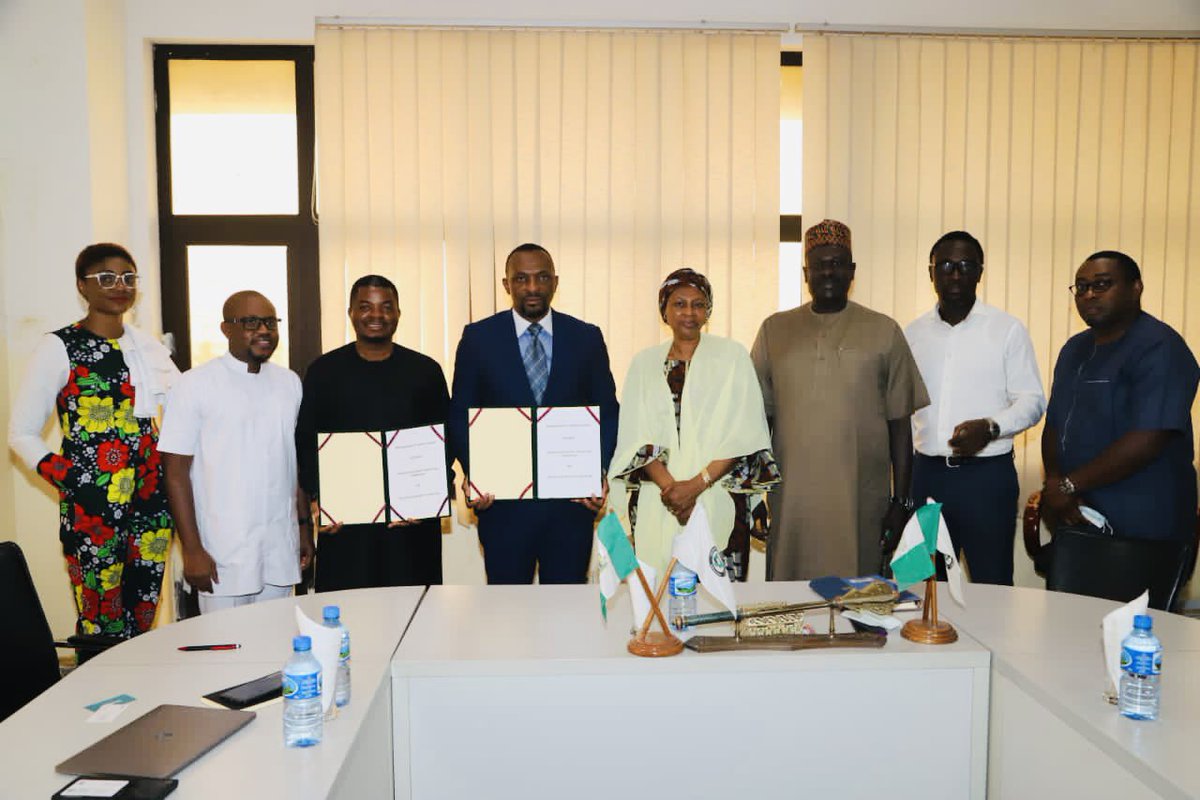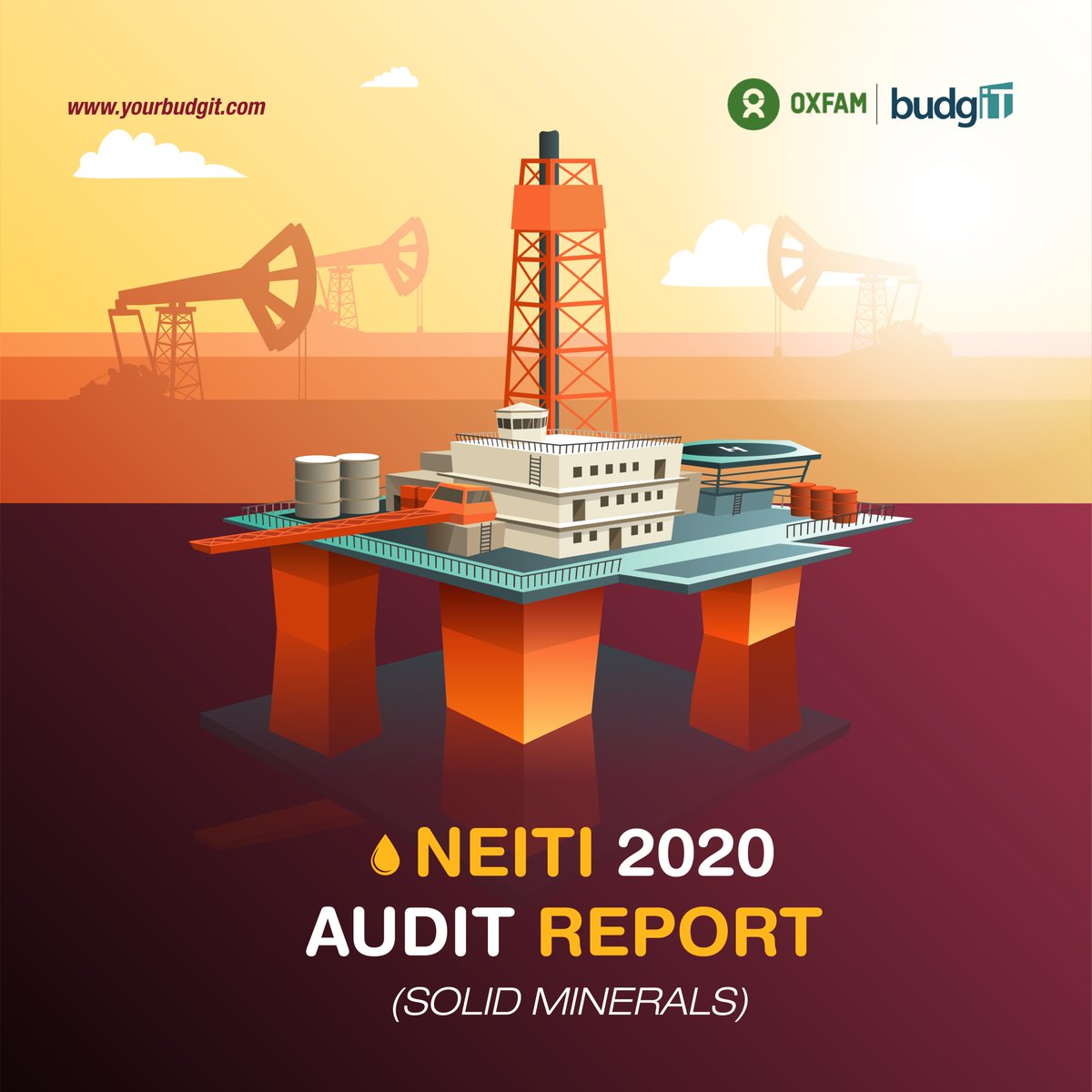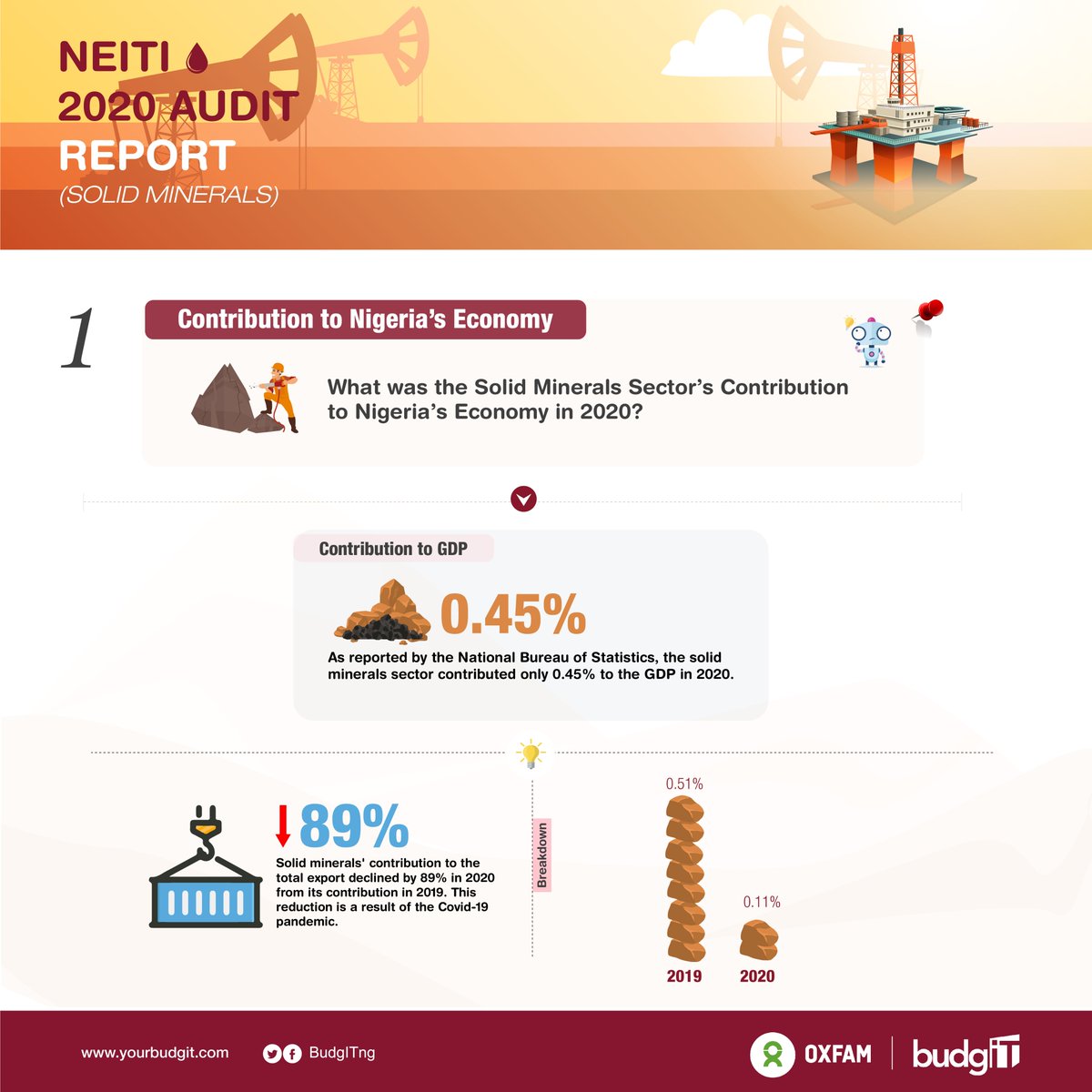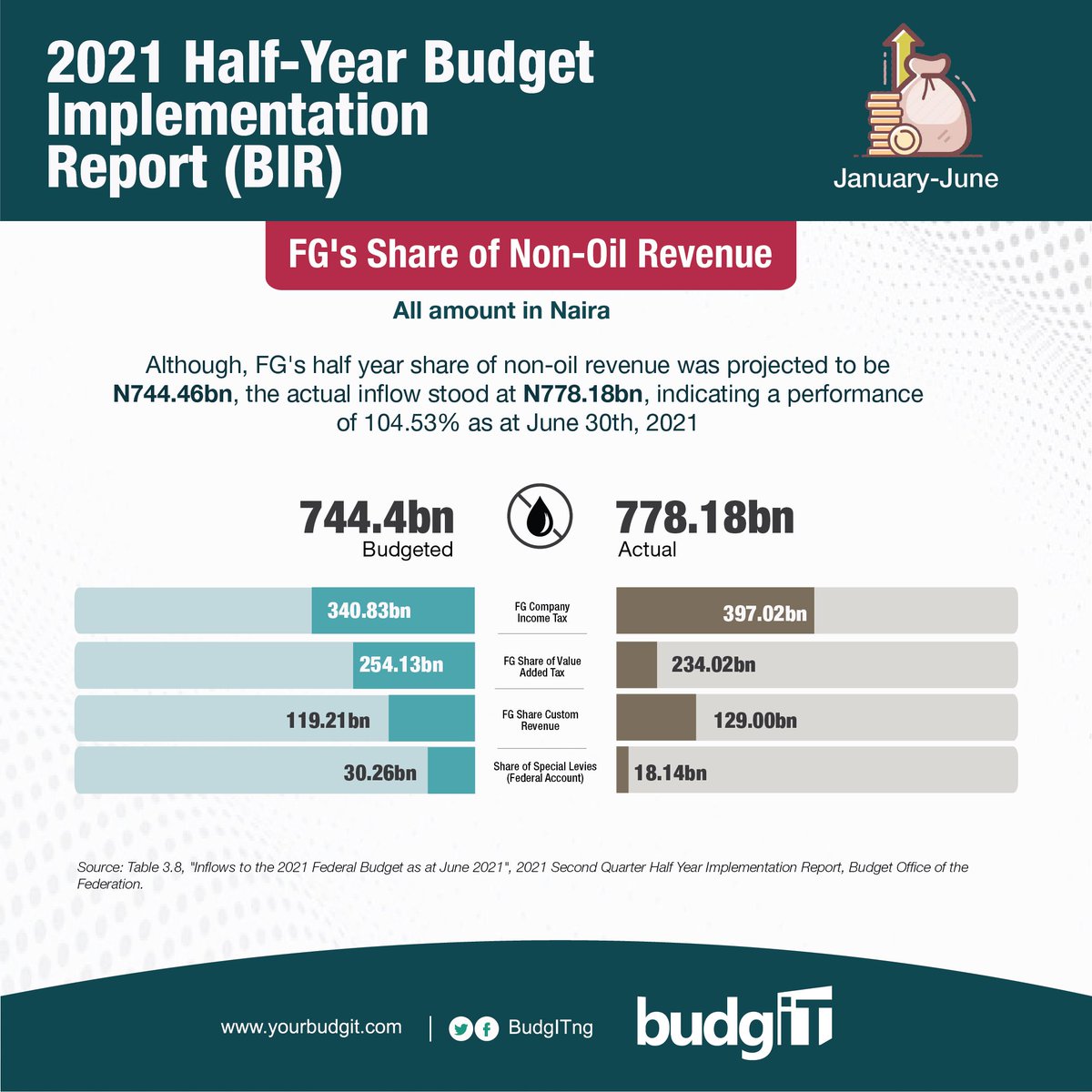
GOOD NEWS💪
We just signed an MoU with the Nigerian Investment Promotion Commission @nipcng to co-create & develop strategies that support willing states in Nigeria to harness their investment potentials, improve internally generated revenue & boost states’ economic prosperity.

We just signed an MoU with the Nigerian Investment Promotion Commission @nipcng to co-create & develop strategies that support willing states in Nigeria to harness their investment potentials, improve internally generated revenue & boost states’ economic prosperity.


Both parties signed the MoU at the @nipcng office in Abuja, with Mr Emeka Offor, the Ag Executive Secretary, NIPC; Mr Gabriel Okeowo, Country Director, BudgIT; Mrs Patience Okala, Director, Legal Services @NIPCNG & @inniey, Ag Head of Research, BudgIT. 



We believe that this partnership will foster sustainable actions toward economic growth and prosperity at the subnational level. #OpenStates #AskQuestions 



Both parties also look forward to leveraging their State of States and Book of States research works on Nigerian states to highlight thematic areas for engaging the state governments on issues bothering their investment potentials and capacity. #OpenStates 



• • •
Missing some Tweet in this thread? You can try to
force a refresh






















